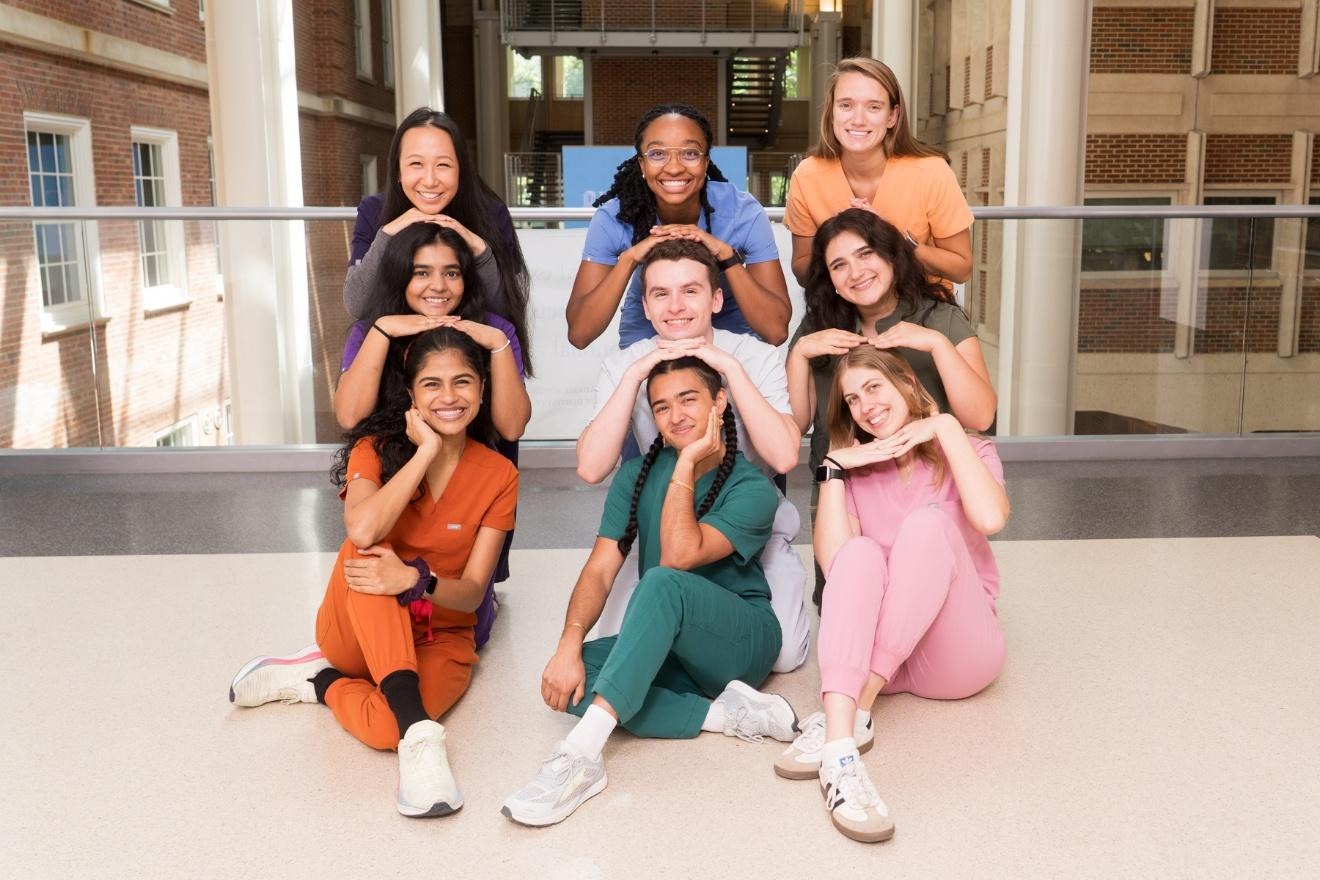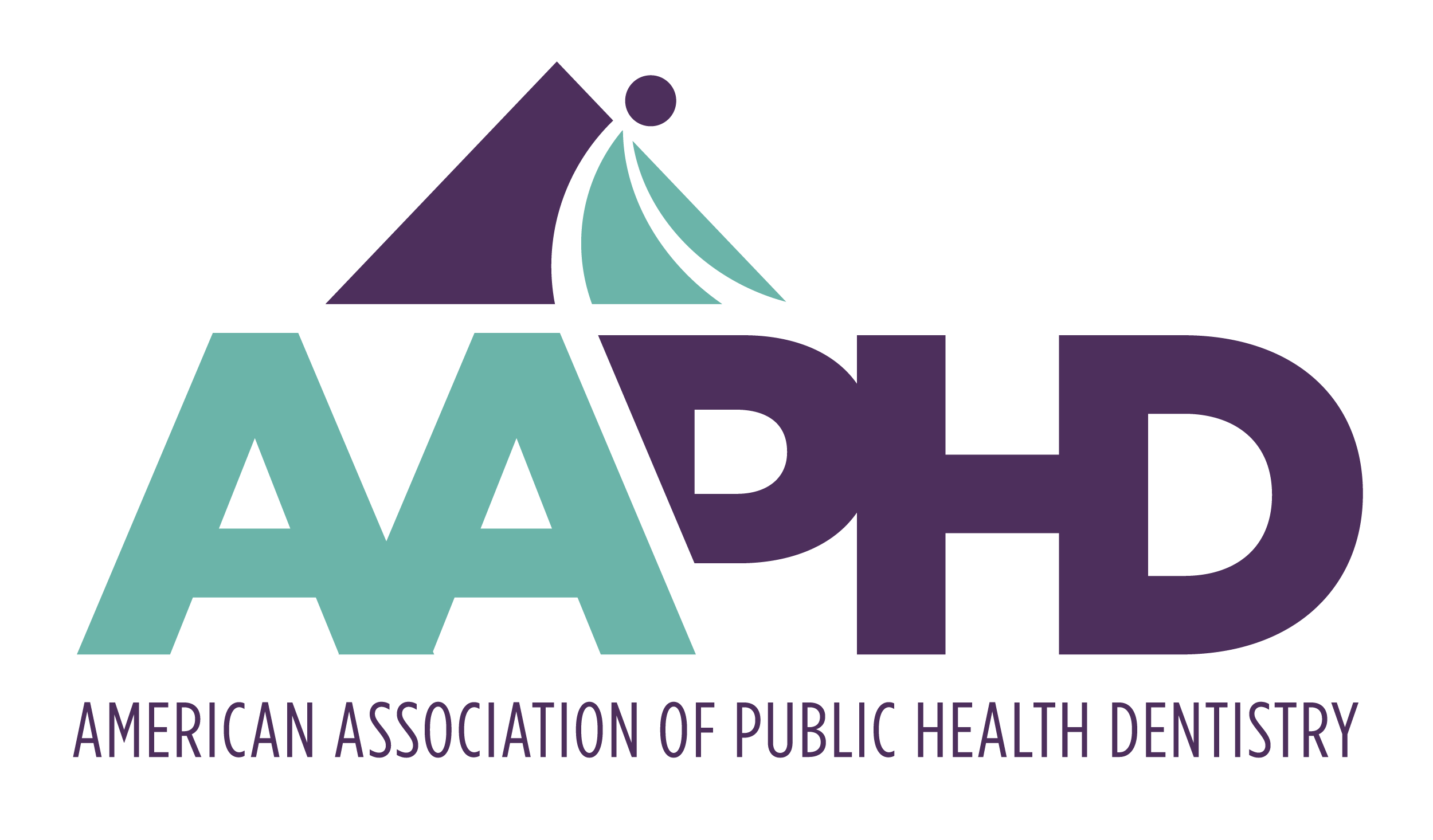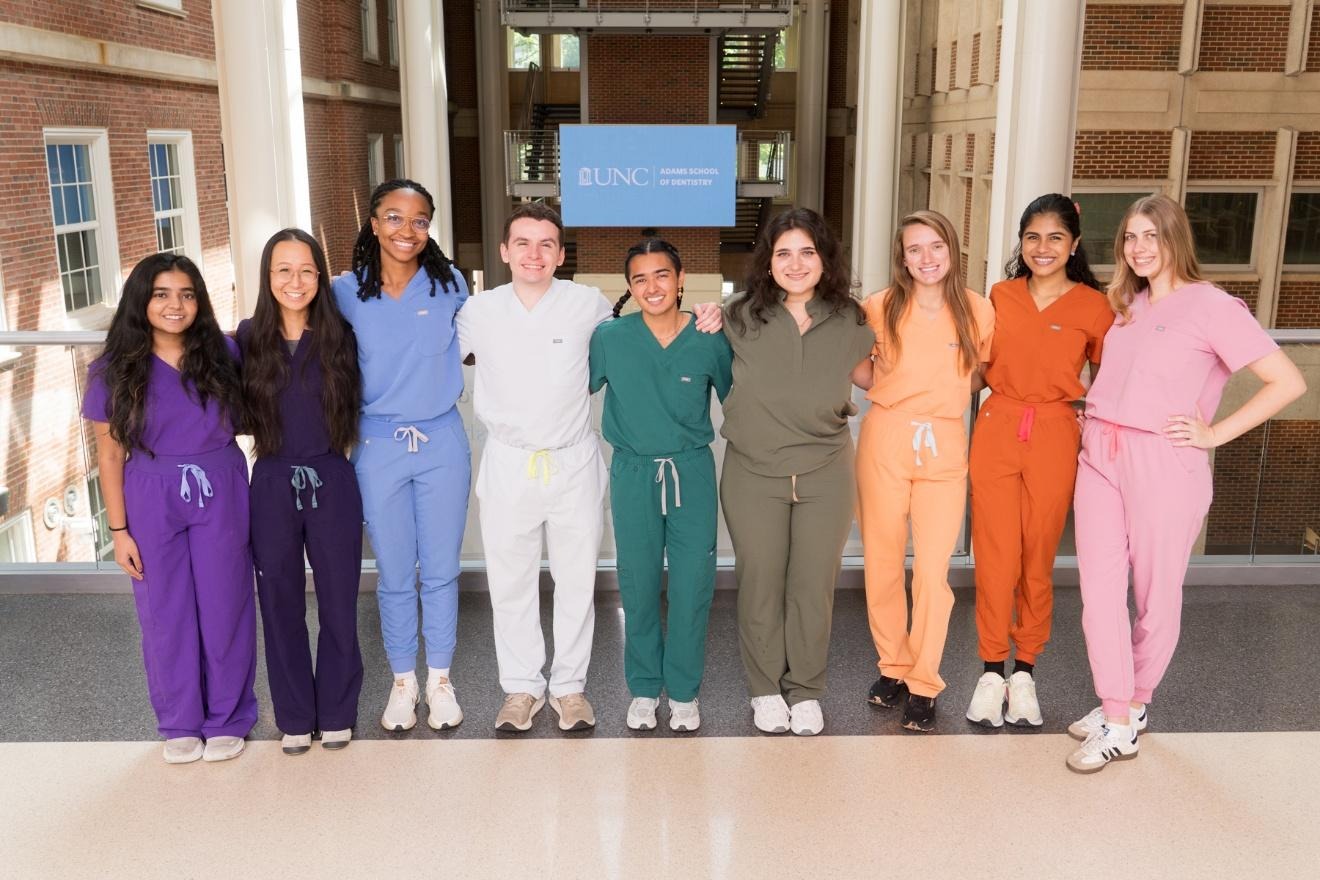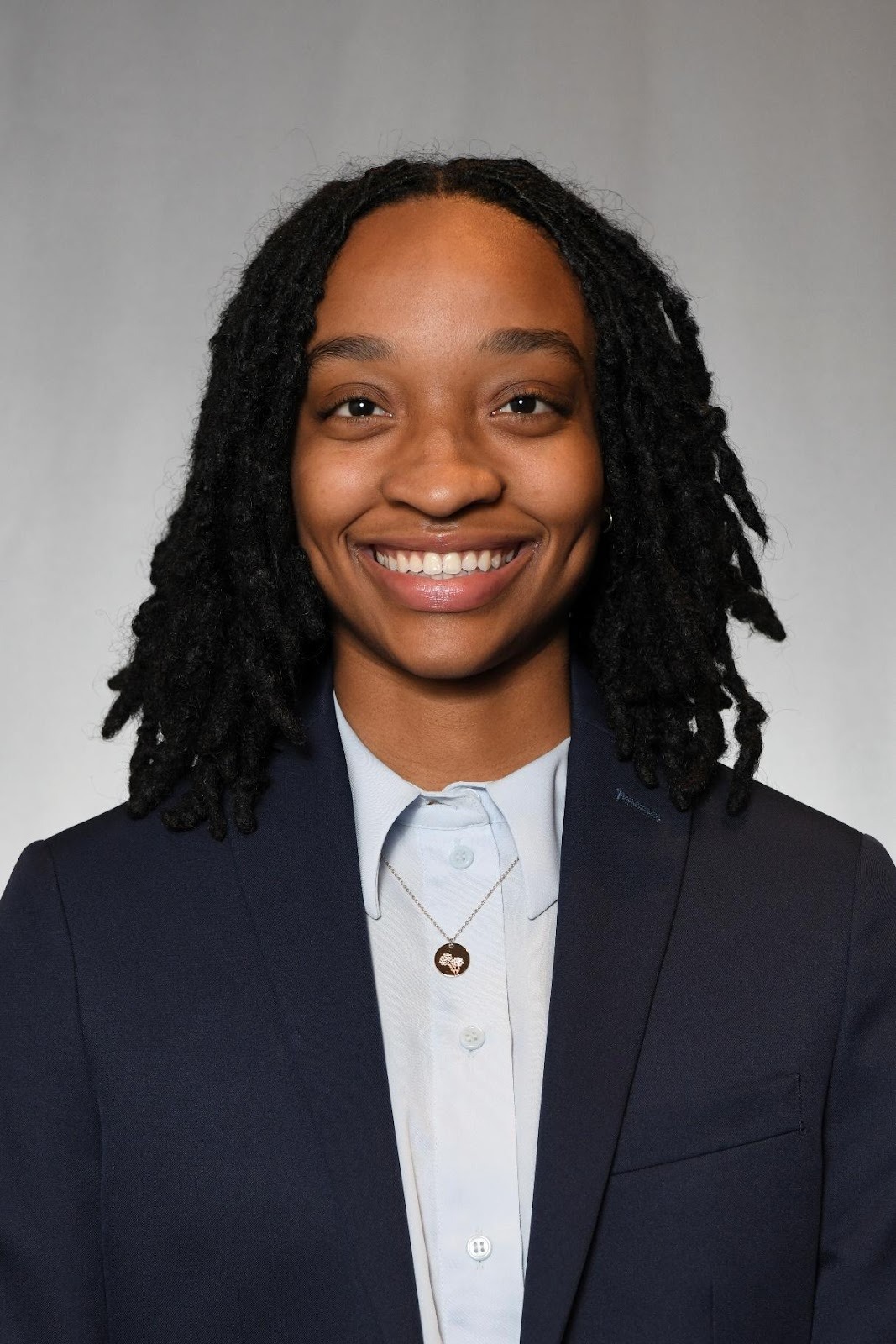- About
- Dental Public Health
- Join
- Attend
- Learn
- Lead
- Recognize
- Students
- Foundation
Spotlighting LGBTQIA+ Voices in the Dental Workforce: The University of North Carolina Pride Clinic StoryAt the University of North Carolina (UNC) Adams School of Dentistry, the Pride Clinic stands as a model of what it means to combine compassionate care with health equity. Founded in 2020, through student advocacy and supported by faculty leadership, the clinic is one of the only student-led dental clinics in the US providing free, affirming care for LGBTQIA+ patients. It reflects the school’s mission of commitment to exceptional dental care, where both patient care and professional learning are grounded in respect, affirmation, and belonging. Motivation and Mission For student leaders like Zain Lugay (they/he, Class of 2028) and Makayla Oby (she/her, Class of 2027), the Pride Clinic represents both professional purpose and personal connection. “My lived experience as a trans person fuels my passion for making healthcare more accessible and affirming for the LGBTQ+ community,” Zain shared. “Serving through the Pride Clinic feels like a blessing—it’s where I can use my skills to meet real needs.” Makayla echoed this sentiment, reflecting on her path to UNC: “I didn’t always see affirming spaces for queer individuals, especially in healthcare. The Pride Clinic was the first time I saw a space in dentistry held for my community. I knew I wanted to be a part of that mission.” According to the Pride Clinic’s faculty advisor, Dr. Zachary Brian, that shared mission is what first sparked the clinic’s creation. “The Pride Clinic was born from both recognition and responsibility,” he explained. “Our students saw that LGBTQIA+ people—especially transgender and gender-diverse individuals—were facing profound barriers to care. They said, ‘We can do better.’” The Clinical Experience Each Wednesday evening, student volunteers transform a federally qualified health center into a hub for compassionate, person-centered care. They provide cleanings, fillings, extractions, and preventive education all at no cost. For Zain, the clinic’s affirming environment begins with small acts of visibility and respect. “I’m what one might call ‘visibly trans,’” they said. “When I check in with patients or assist volunteers, those lighthearted conversations are my way of reminding patients this space is for them, operated by people who share their values.” Makayla added that intentional preparation ensures safety and affirmation for all patients. “Each week, volunteers complete training modules and review inclusive communication before entering the clinic,” she explained. “We use peer accountability to ensure language remains respectful. The patient’s experience is always the priority.” Learning and Professional Growth Through their service, students gain more than clinical experience, they gain perspective. “It’s not easy to show up to the clinic,” Zain reflected. “Our patients carry unique histories shaped by inequities and trauma. Using empathy and curiosity helps us move from ‘patient-centered’ to truly ‘person-centered’ care.” Makayla agreed that the clinic has transformed her view of dentistry. “It’s about more than technical skills—it’s about human connection,” she said. “Advocacy isn’t separate from dentistry; it’s part of it.” Dr. Brian has witnessed this transformation firsthand. “Students leave with not only stronger clinical confidence, but also a deeper sense of empathy,” he noted. “They learn to confront bias, adapt their care, and connect authentically with patients. The experience changes how they see themselves as clinicians—and as advocates.” Building an Inclusive Dental Workforce The Pride Clinic also serves as a pathway for a more inclusive oral health workforce. For Zain, that means recognizing dentists’ responsibility to engage in systems-level advocacy: “It’s not enough to provide care—we have to advocate for policies that protect the most vulnerable and strengthen our social safety nets.” Makayla sees the clinic as a model for replication. “There’s a need in every community,” she said. “Creating an affirming dental space can be life-changing for patients. The impact will be bigger than you imagine.” Dr. Brian believes this model can and should be scaled. “Inclusive care shouldn’t be an elective; it should be a standard,” he emphasized. “Every dental school can create spaces that affirm and empower LGBTQIA+ patients. It’s a matter of will, not capacity.” Looking Ahead As the UNC Pride Clinic continues to evolve, its leaders envision expanded services, deeper interprofessional collaboration, and even greater community impact. But at its core, the clinic’s mission remains the same: to ensure that everyone who sits in the chair feels seen, respected, and valued. Or, as one Pride Clinic patient told a student volunteer, “You didn’t just clean my teeth—you restored my trust.”
Action steps to support LGBTQIA+ patients and build an inclusive dental workforce:
This piece was prepared by the McAllister Castelaz, DMD, MS and the AAPHD Equity, Diversity, and Inclusion Committee as part of AIDPH’s LGBTQIA+ Oral Health Week.  UNC Pride Clinic, Student Group
UNC Pride Clinic, Student Group
Makayla Oby (she/her, Class of 2027)
|



